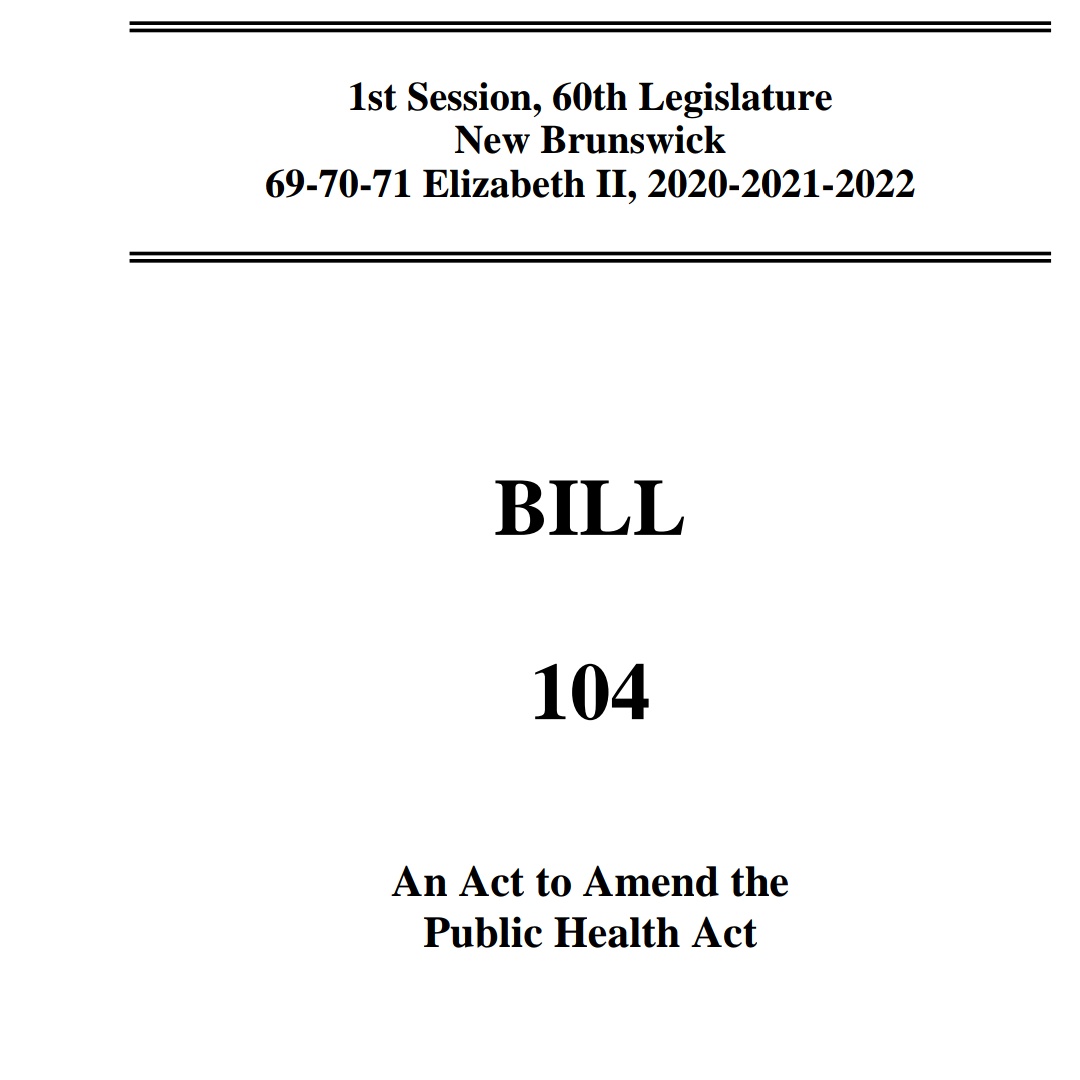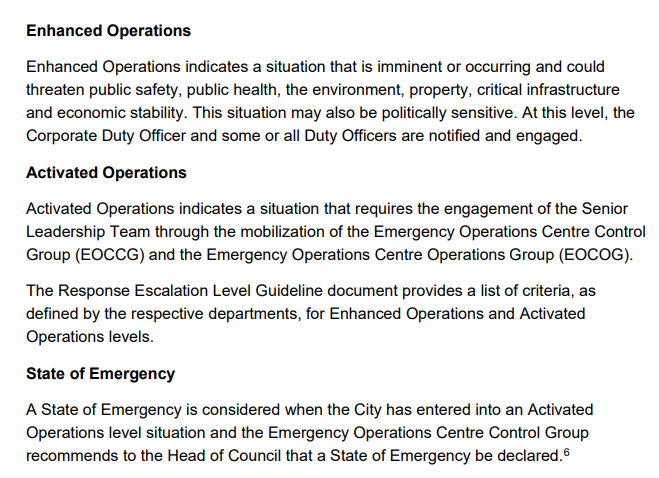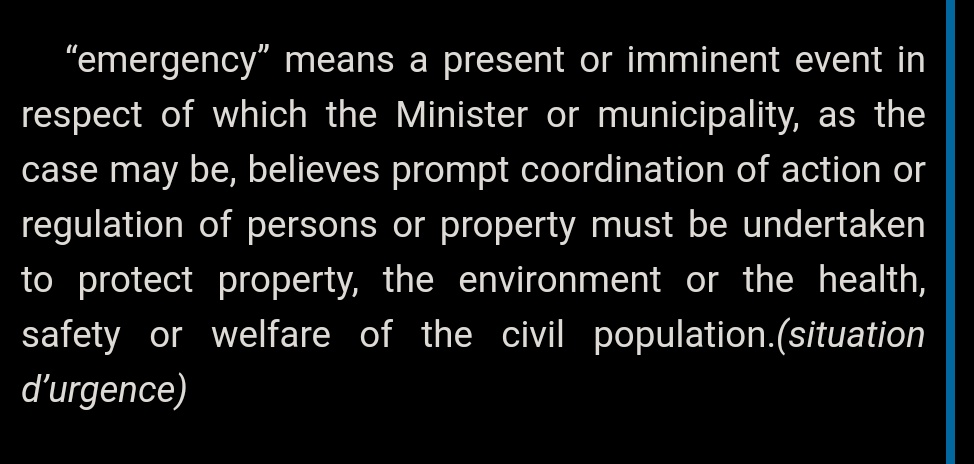
A neat procedural / consitutional update: The NB LG transmitted a message to the Assembly that Bill 99, an Act to amend the Electricity Act receives a Royal Recomendation per section 90 of the Constitution Act, 1867 #nbpoli
S.90 of the Constitution Act, 1867 is a restatement in Provincial Constitutions of the requirement that any monies appropriating revenue from the Consolidated Revenue Fund must be recommended by the Lieutenant Governor. This is a key feature of Responsible Government /2 

S.54 of the Constitution Act, 1867 indicates that there is a requirement for the GG (LG) to recommend the appropriation of public monies form the Consolidated Revenue Fund. Why? /3 

Before Responsible Government in New Brunswick, there was Representative Government where the Crown's advisors did not require the confidence of the Legislative Assembly to govern. This structure had a feature / flaw incompatable with today: No financial intative of the Crown /4
A big change in NB's Constitution occured in 1837 with the surrender of Crown lands and timber to the province and the entrenchment of a civil list. LG Campbell tried to ensure safeguards to prevent MLAs from proposing bills that would spend money the government did not have /5
To quote one author: "The highly democratic and equally ineffecient methods of disposing of public money, so long in vogue in the legislature, would now be extended to the casual revenues and would become a new source of spoil to the ocmmittee of the House of Assembly." /6
Colonial Secretary Lord Glenelg was more circumspect in rejecting NB LG Campbell's caution: "It would be the disturbance of a custom to which the people of New Brunswick are familiarized and attached"
The Assembly loved him. That is why there is a portriat in the Legisture. /7
The Assembly loved him. That is why there is a portriat in the Legisture. /7

Going back to the main point, Responsible Government means that the Crown has an effective veto over the spending of Public Monies. If the Assembly doesn't agree with spending, it can always vote against the supply bill which is a matter of confidence. /8
The Constitutional requirement for a Royal Recommendation ensures that there is a coordinated spending of financial monies in New Brunswick where it isn't up to individual MLAs to proposed uncordinated spending.
A combintion of history and the Constitution.
/9
A combintion of history and the Constitution.
/9
• • •
Missing some Tweet in this thread? You can try to
force a refresh













